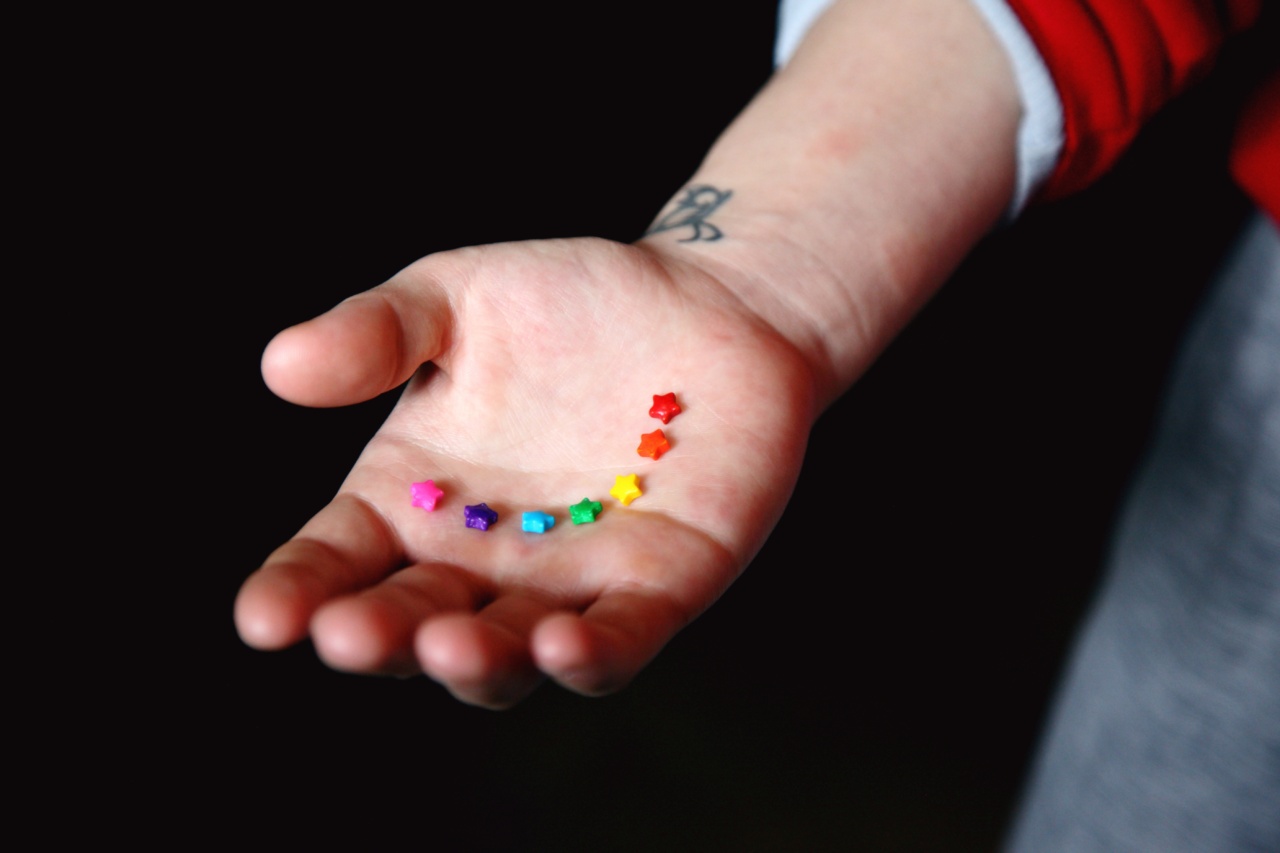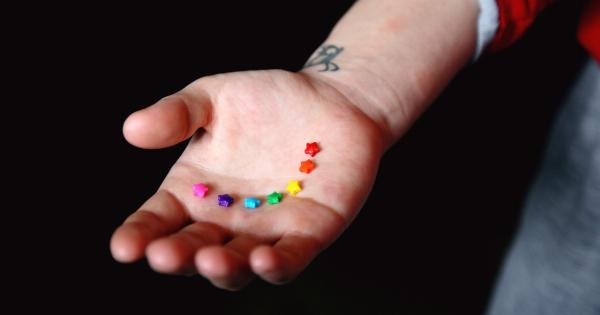Social communication disorder (SCD) is a condition that affects a child’s ability to communicate effectively with others. Children with SCD struggle with social interaction, understanding nonverbal cues, and forming friendships, among other things.
SCD can make it difficult for children to connect with their peers, leading to social isolation and low self-esteem. Fortunately, there are several effective treatments available to help children with SCD improve their social skills and thrive in social settings.
What Is Social Communication Disorder?
Social communication disorder is a neurodevelopmental condition that affects a child’s ability to communicate effectively in social situations.
Children with SCD may have difficulty using language appropriately, understanding nonverbal cues, and forming and maintaining friendships. SCD is often diagnosed in early childhood, but it can be difficult to differentiate from other conditions, such as autism spectrum disorder.
What Are the Symptoms of Social Communication Disorder?
The symptoms of social communication disorder can vary depending on the child and the severity of their condition. Some common symptoms of SCD include:.
- Difficulty initiating conversations with peers
- Difficulty maintaining conversations
- Difficulty understanding nonverbal cues, such as body language or facial expressions
- Trouble with turn-taking in conversation
- Inability to understand sarcasm or humor
- Repetitive language or speech patterns
- Lack of interest in socializing with peers
- Difficulty making and maintaining friendships
How Is Social Communication Disorder Diagnosed?
Diagnosing social communication disorder can be challenging because the symptoms can overlap with other conditions, such as autism spectrum disorder.
A diagnosis of SCD typically involves a comprehensive evaluation of the child’s communication skills, which may include:.
- Interviews with parents and teachers
- Observations of the child in social settings
- Speech and language assessments
- Neurological evaluations
- Psychological assessments
What Causes Social Communication Disorder?
The exact cause of social communication disorder is not known, but it is believed to be a result of a combination of genetic and environmental factors.
Children with a family history of communication disorders or developmental delays may be at increased risk for SCD.
What Are the Treatment Options for Social Communication Disorder?
There are several effective treatments available to help children with social communication disorder improve their social skills and thrive in social situations. Some common treatments for SCD include:.
Social Skills Training
Social skills training involves teaching children with social communication disorder the skills they need to interact effectively with others.
This may include teaching children how to initiate conversations, how to maintain conversations, and how to understand nonverbal cues.
Cognitive-Behavioral Therapy
Cognitive-behavioral therapy (CBT) is a type of therapy that helps children with social communication disorder identify and change negative thought patterns and behaviors. CBT can help children develop more positive social skills and build self-esteem.
Speech and Language Therapy
Speech and language therapy can help children with SCD improve their language skills and learn to use language appropriately in social situations.
This may involve working on grammar, vocabulary, and sentence structure, as well as teaching children how to ask and answer questions and express their thoughts and feelings.
Occupational Therapy
Occupational therapy can help children with SCD improve their motor skills, sensory integration, and self-regulation, which are all important for social interaction.
For example, occupational therapy may involve activities that help children develop better eye contact or nonverbal communication skills.
Medication
There is no medication specifically approved to treat social communication disorder, but some children with SCD may benefit from medication to manage co-occurring conditions, such as anxiety or depression.
Conclusion
Social communication disorder can be a challenging condition for children and their families, but there are many effective treatments available to help children with SCD improve their social skills and thrive in social situations.
Social skills training, cognitive-behavioral therapy, speech and language therapy, occupational therapy, and medication can all be useful tools in treating social communication disorder and helping children reach their full potential.






























